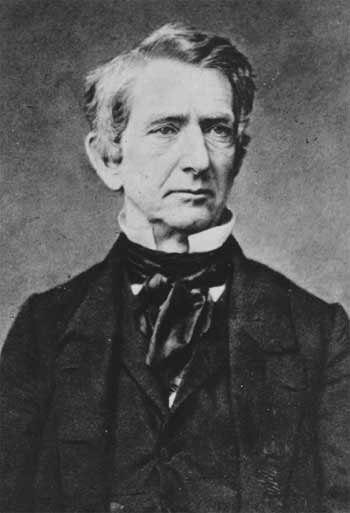
William Seward HouseWilliam Seward
William Henry Seward (May 16, 1801 – October 10, 1872) was United States Secretary of State from 1861 to 1869, and earlier served as governor of New York and as a United States Senator. A determined opponent of the spread of slavery in the years leading up to the American Civil War, he was a prominent figure in the Republican Party in its formative years, and was praised for his work on behalf of the Union as Secretary of State during the Civil War.
“SEWARD’S FOLLY”
U.S. Secretary of State William H. Seward signs a treaty with Russia for the purchase of Alaska for $7 million. Despite the bargain price of roughly two cents an acre, the Alaskan purchase was ridiculed in Congress and in the press as “Seward’s Folly,” “Seward’s icebox,” and President Andrew Johnson’s “polar bear garden.”
Inuit and other Indigenous peoples had inhabited Alaska for thousands of years before the czarist government of Russia established a presence there around the mid-18th century. Russia first approached the United States about selling the territory during the administration of President James Buchanan, but negotiations were stalled by the outbreak of the Civil War. After 1865, Seward, a supporter of territorial expansion, was eager to acquire the tremendous landmass of Alaska, an area roughly one-fifth the size of the rest of the United States. He had some difficulty, however, making the case for the purchase of Alaska before the Senate, which ratified the treaty on April 9, 1867.
Six months later, Alaska was formally handed over from Russia to the United States. Despite a slow start in U.S. settlement, the discovery of gold in 1898 brought a rapid influx of people to the territory, and Alaska, rich in natural resources, has contributed to American prosperity ever since.



